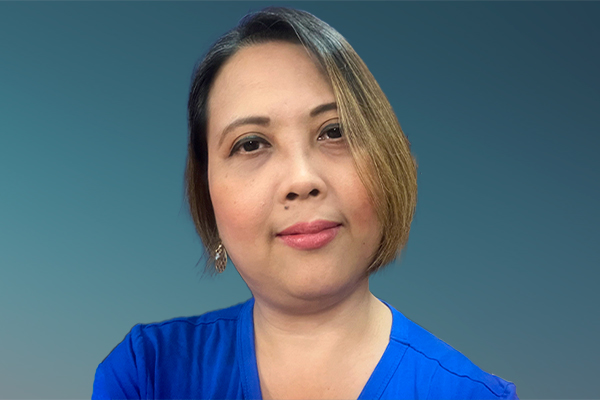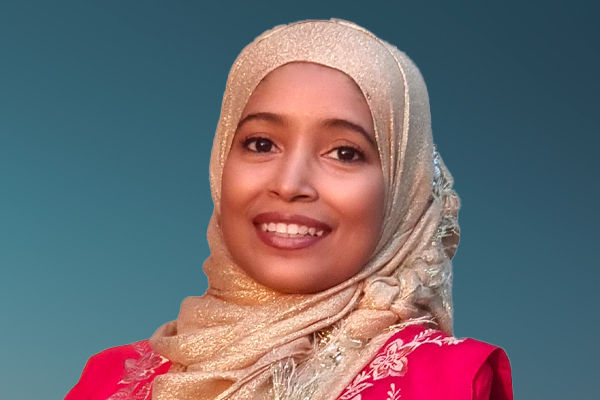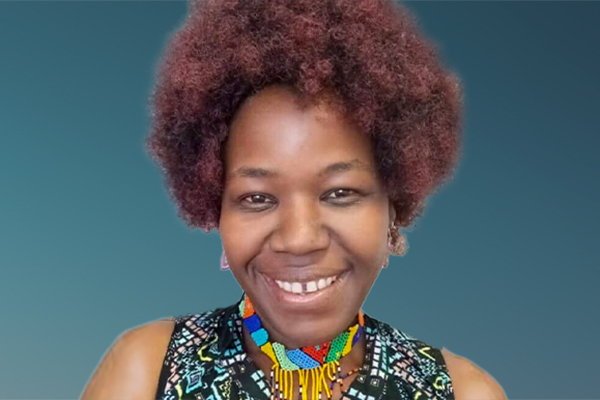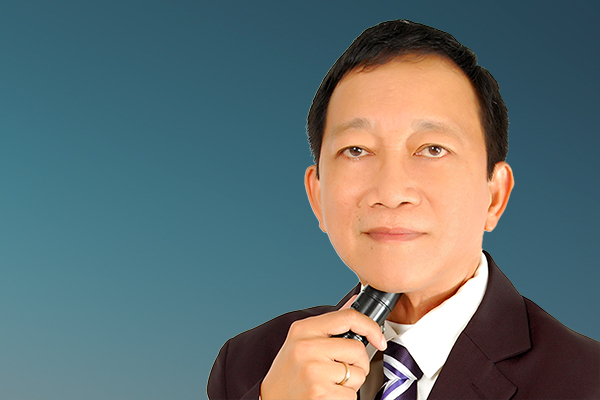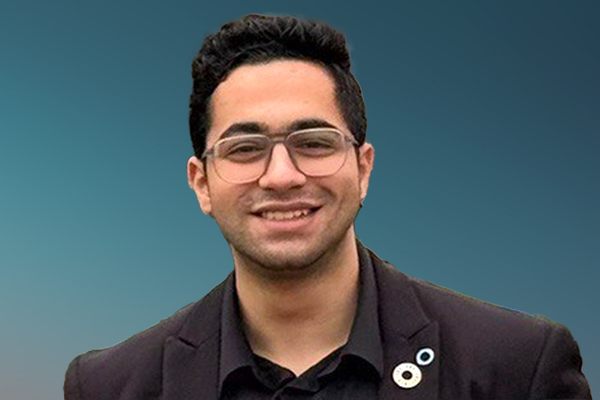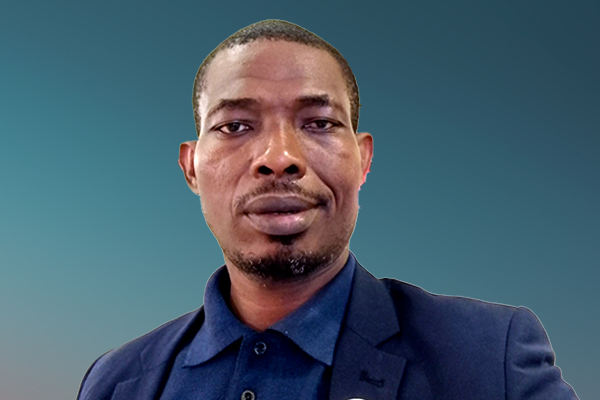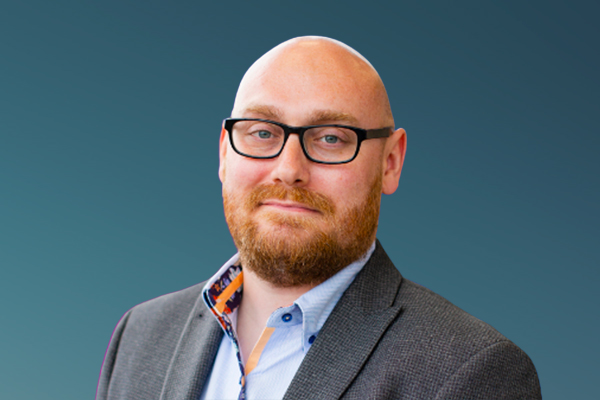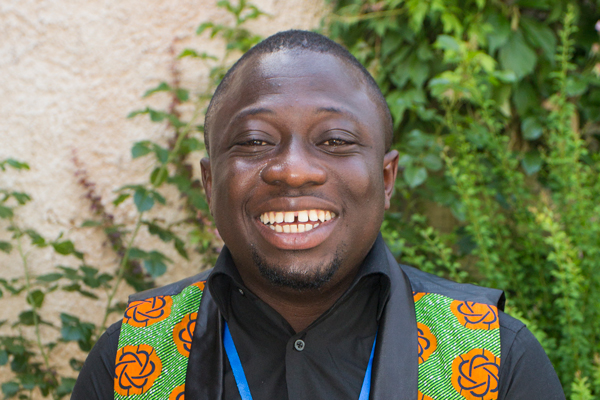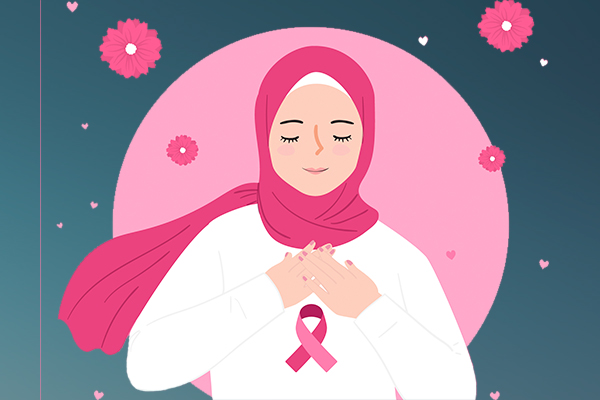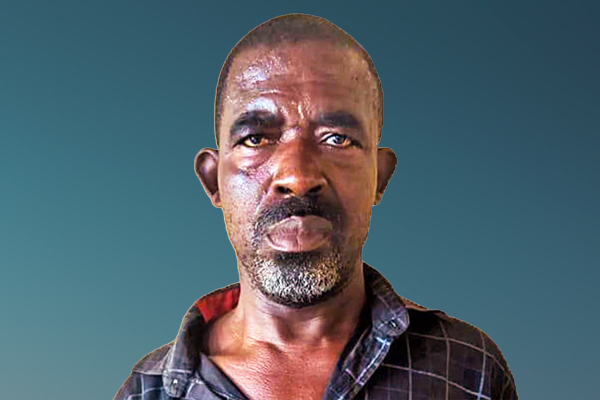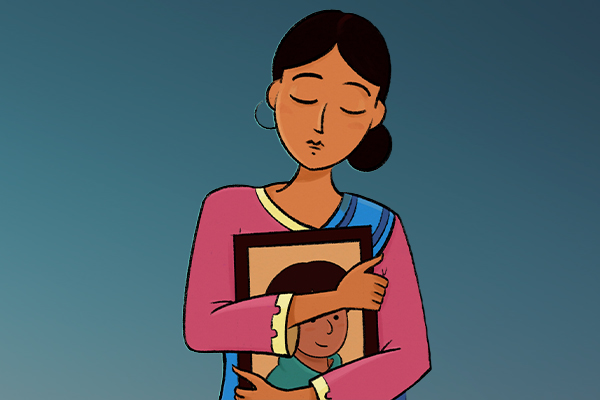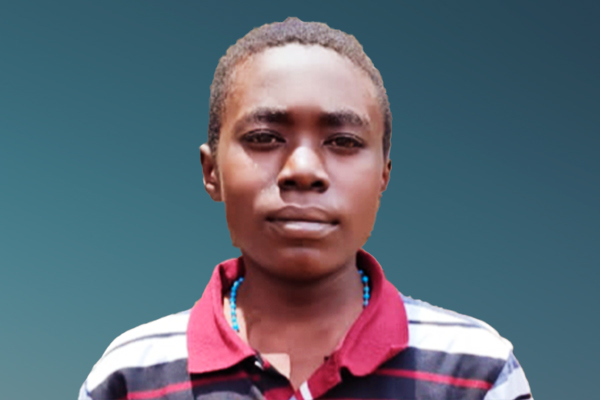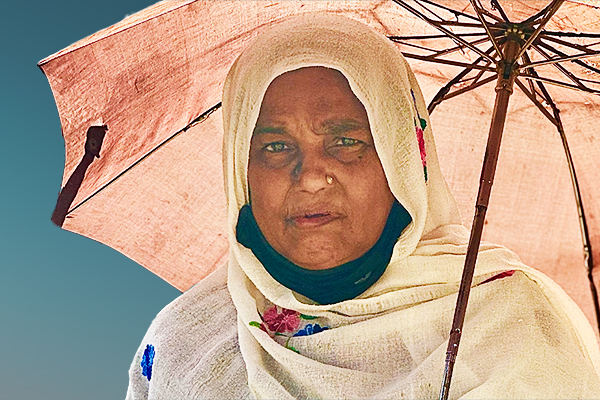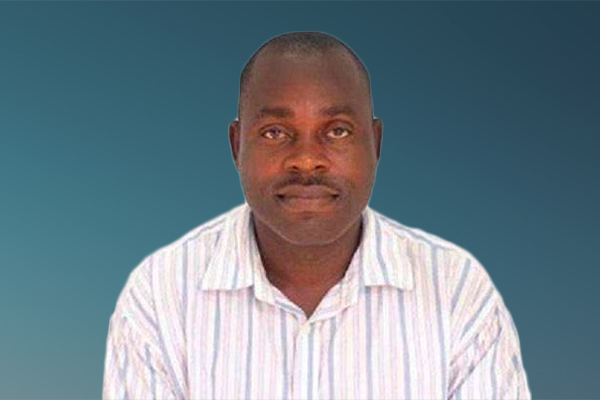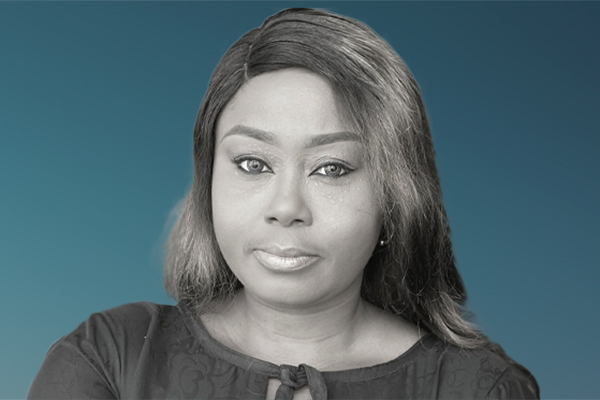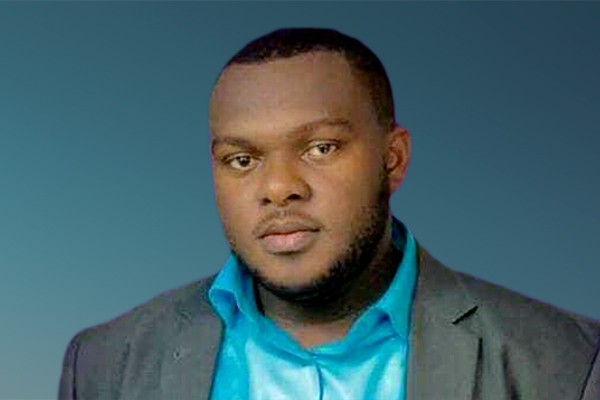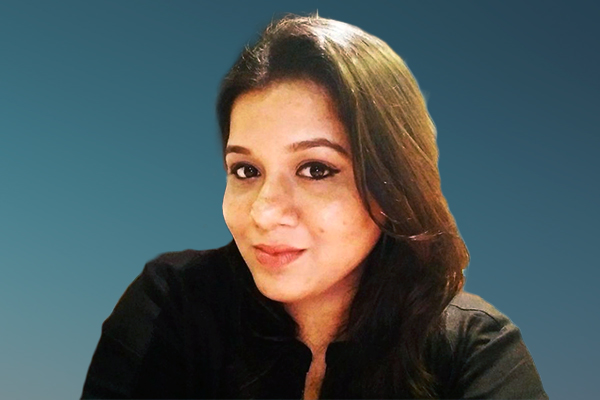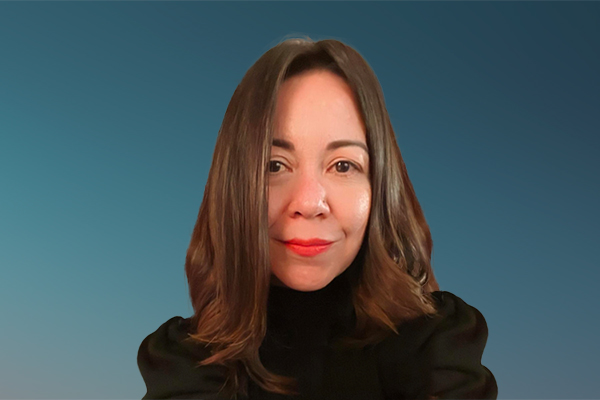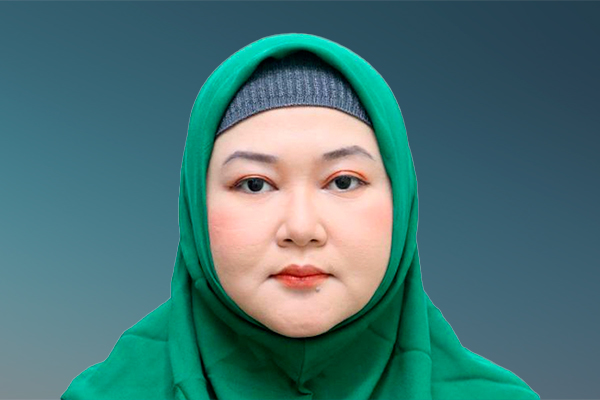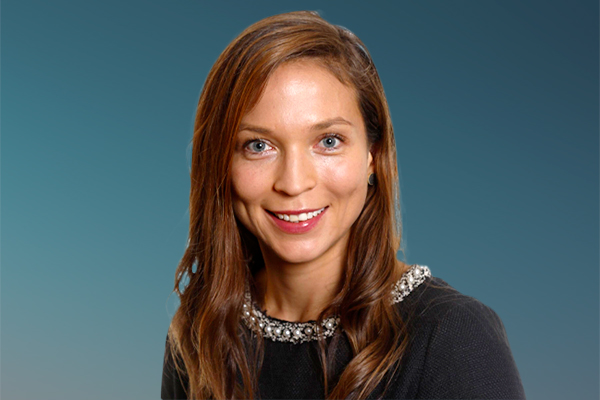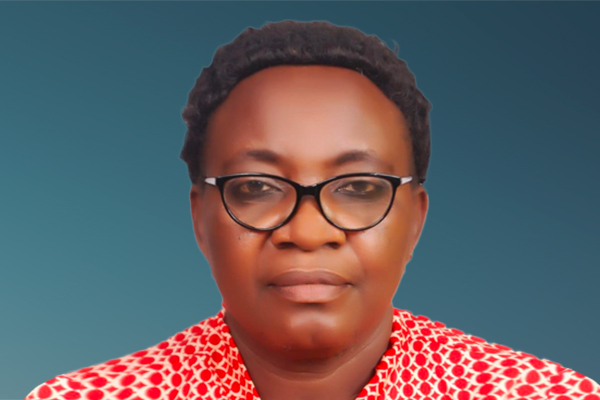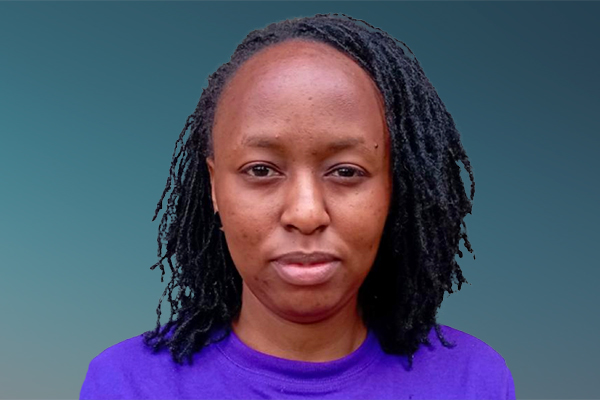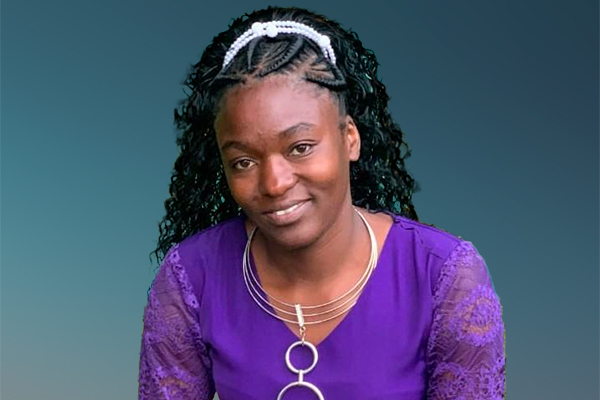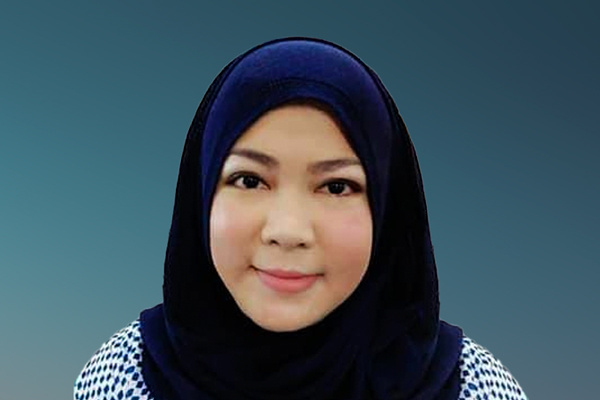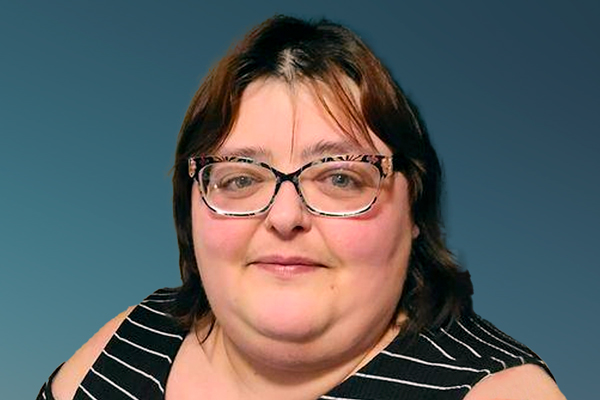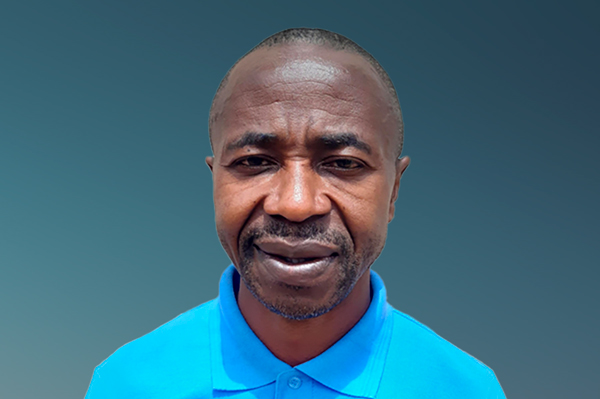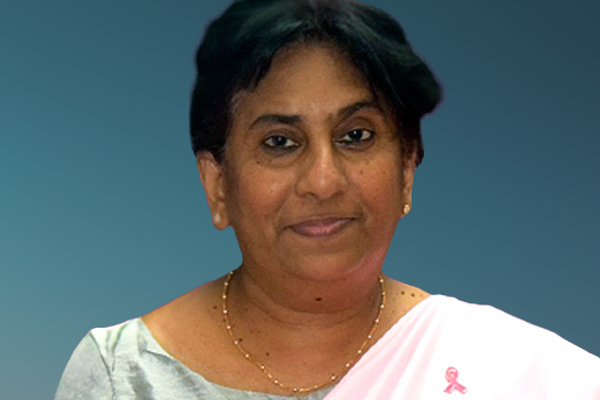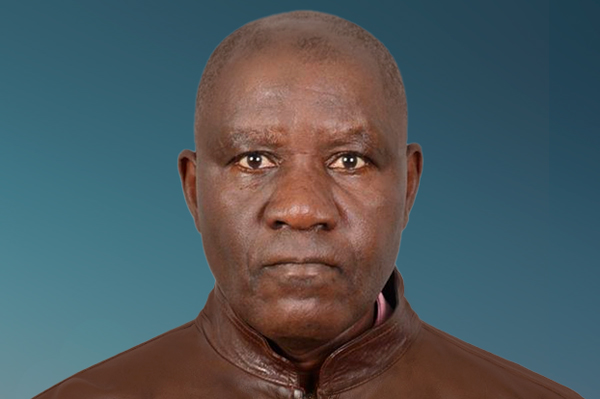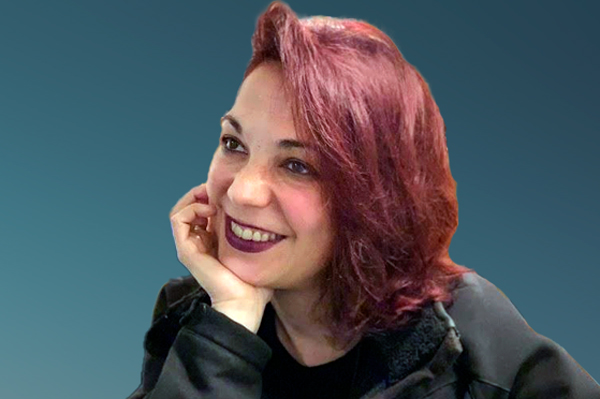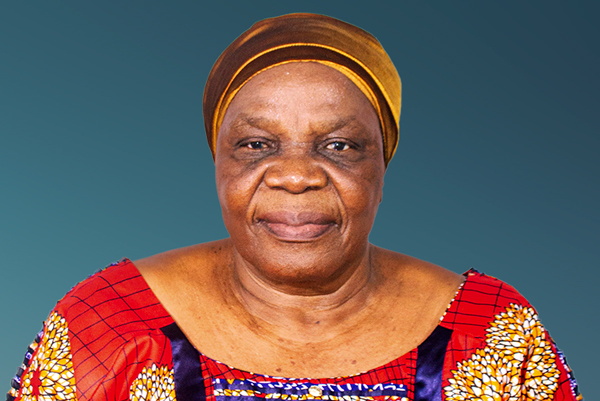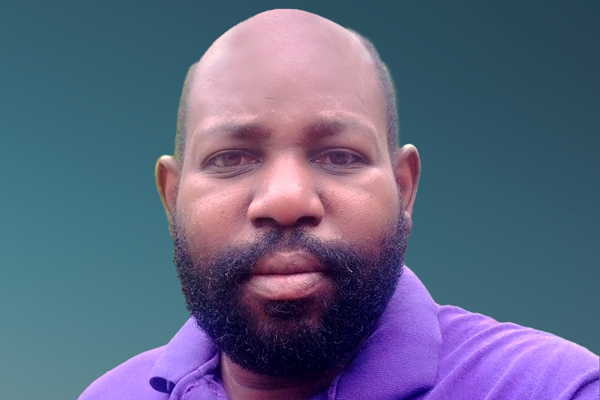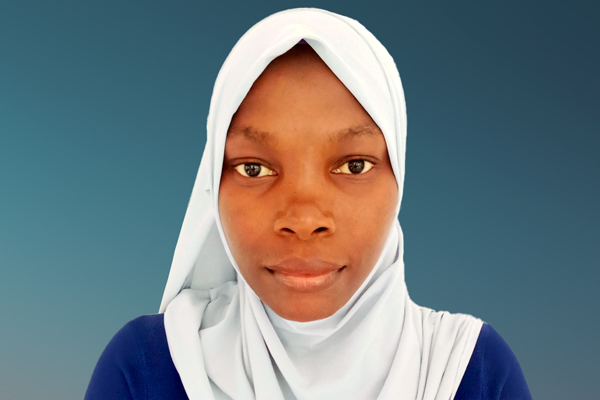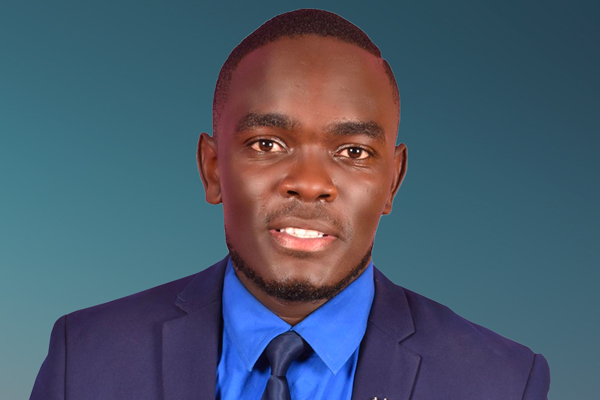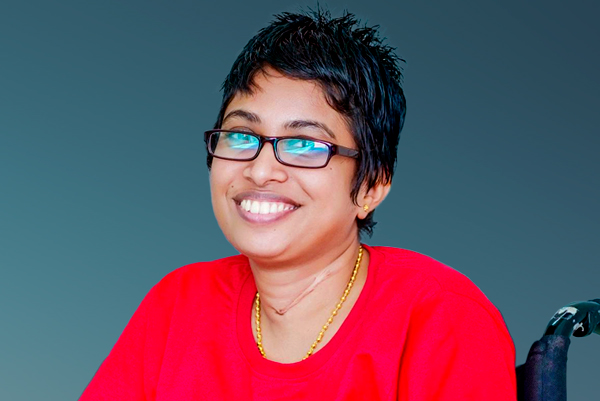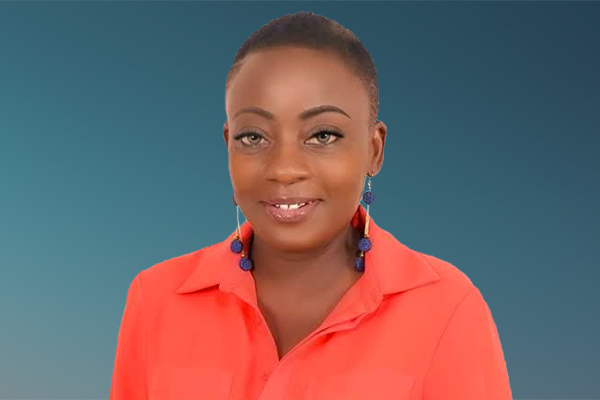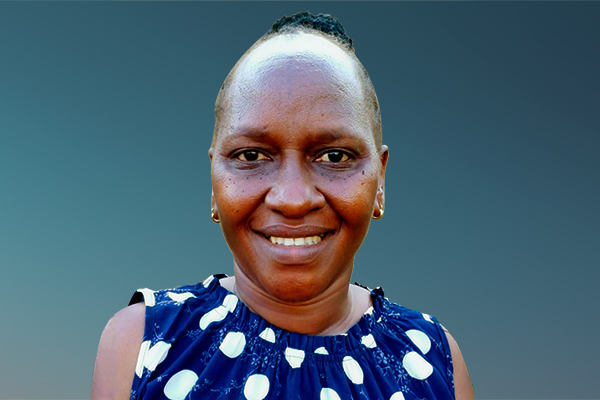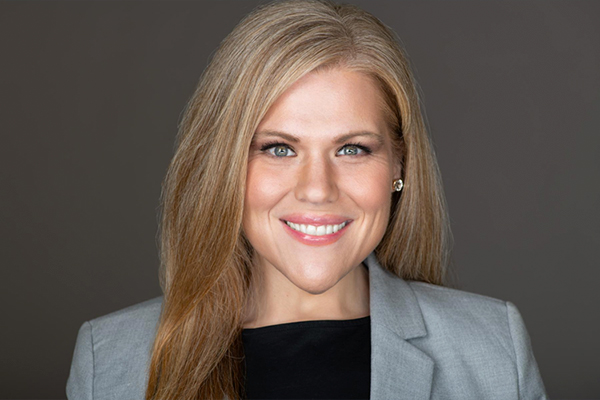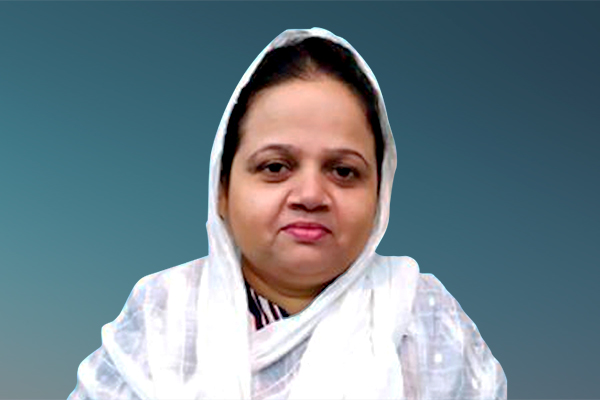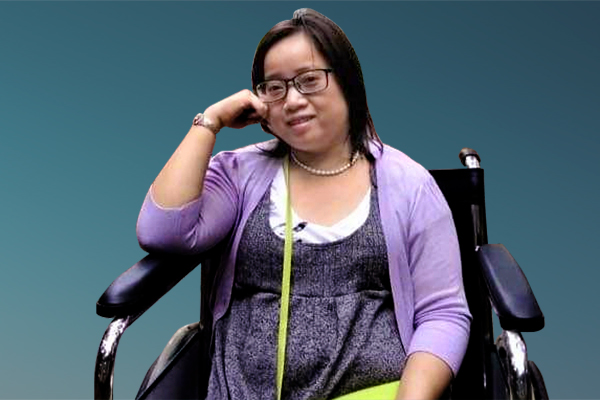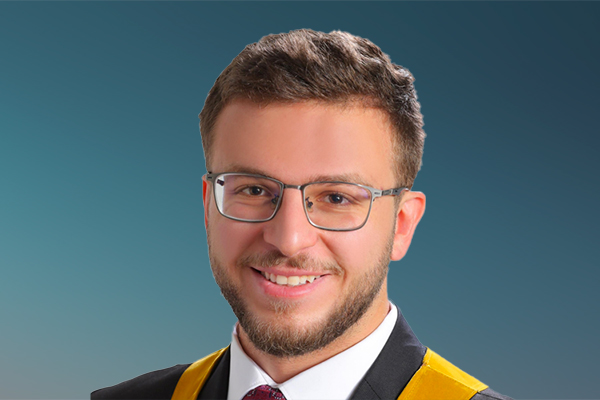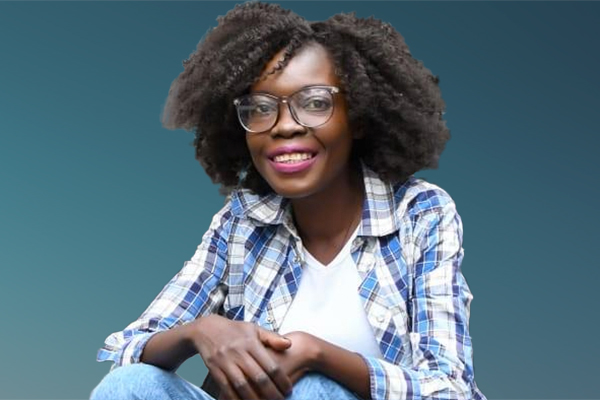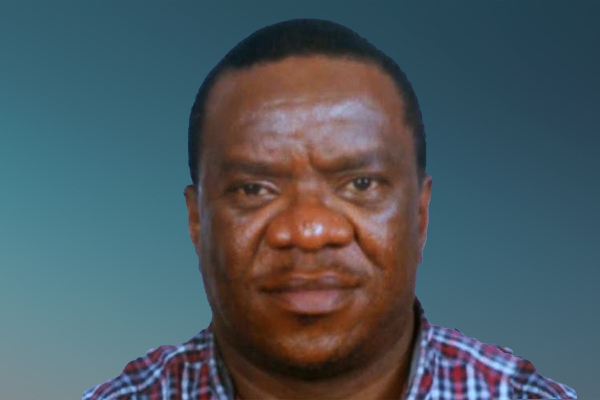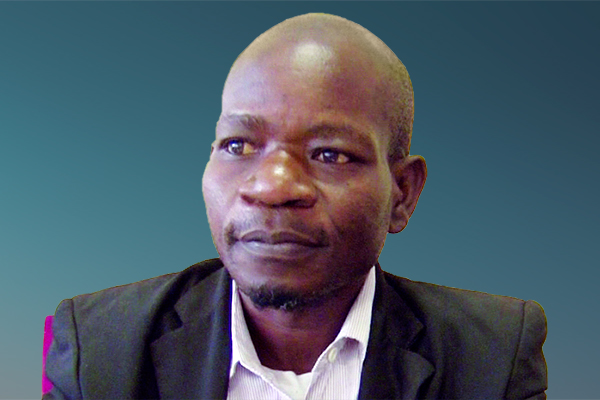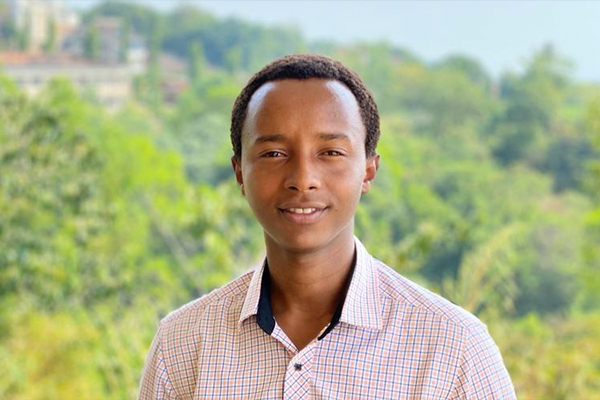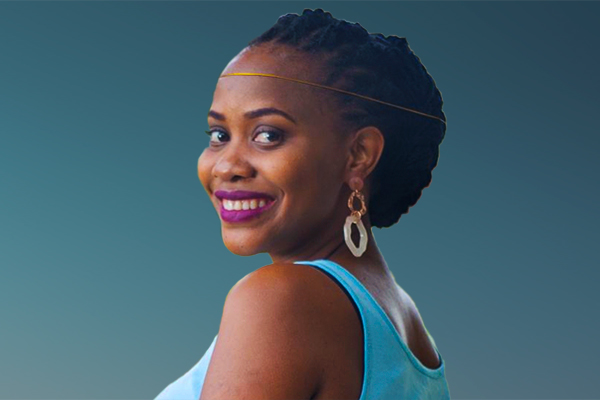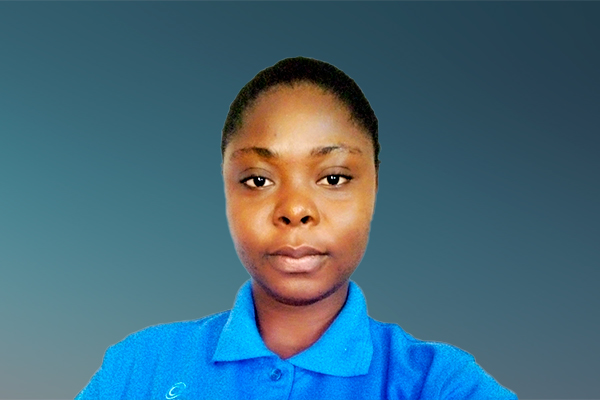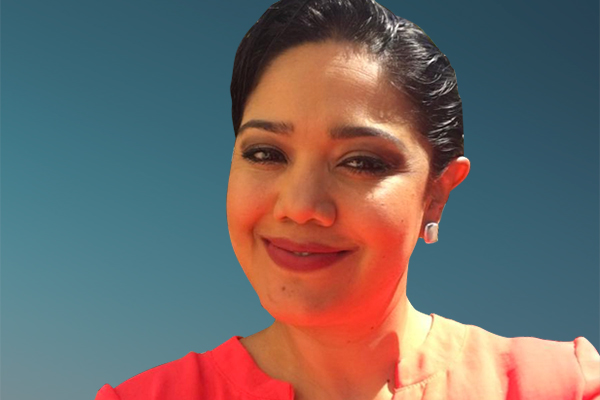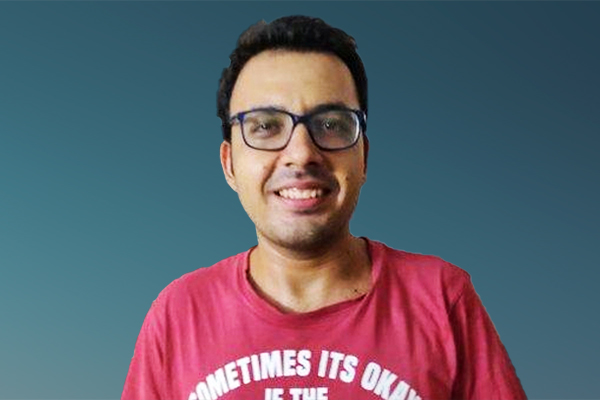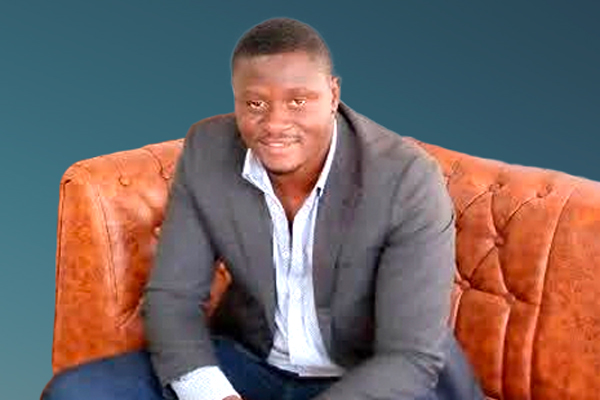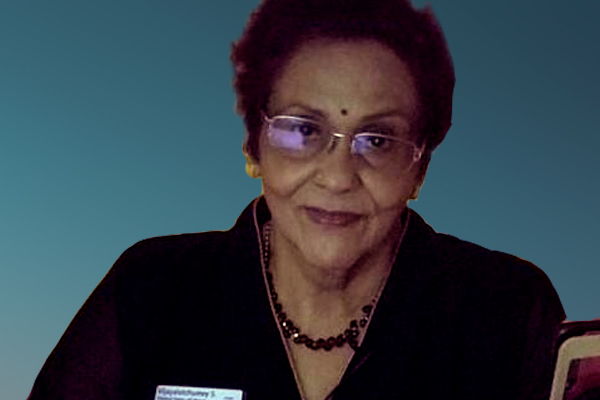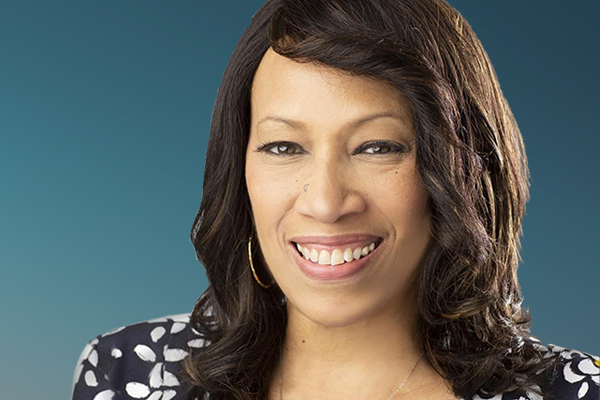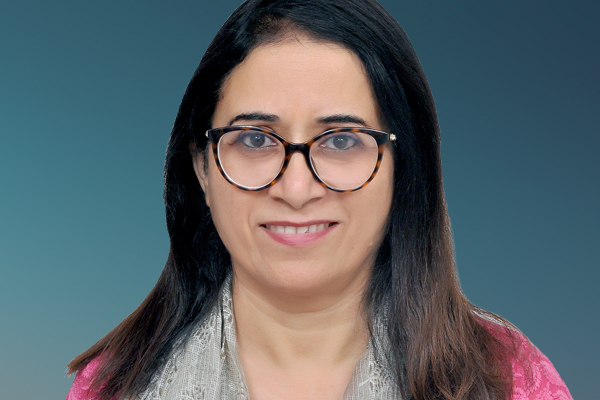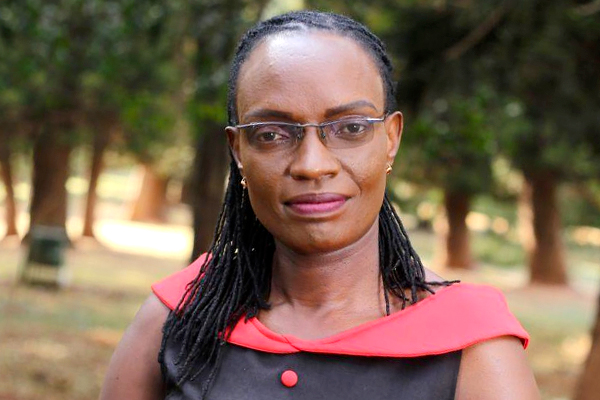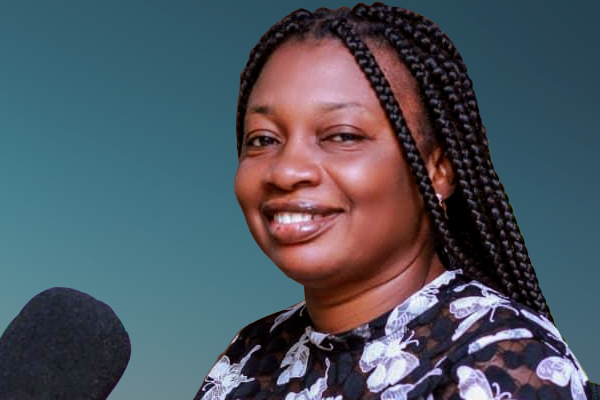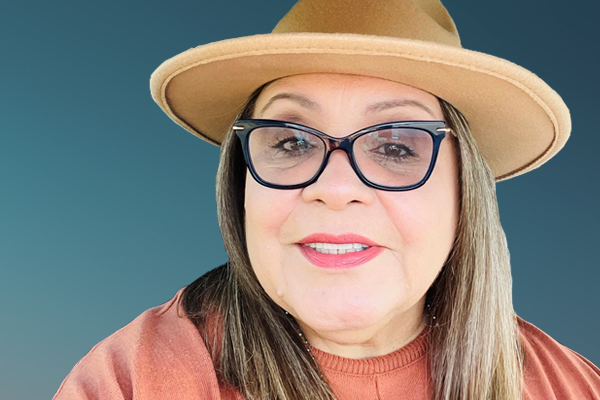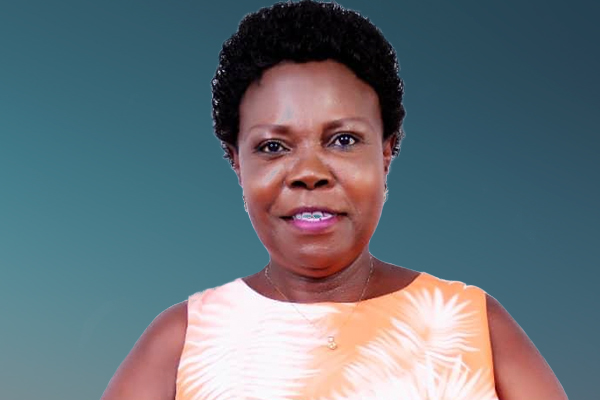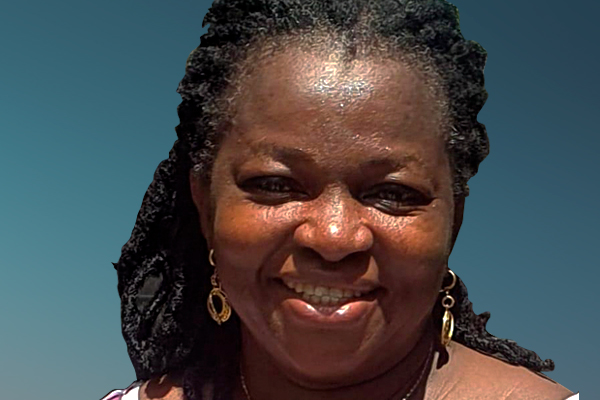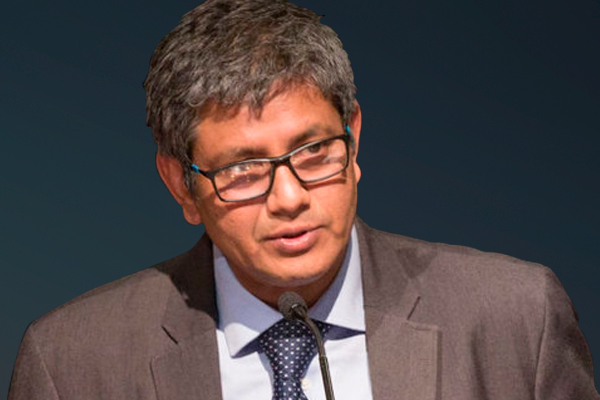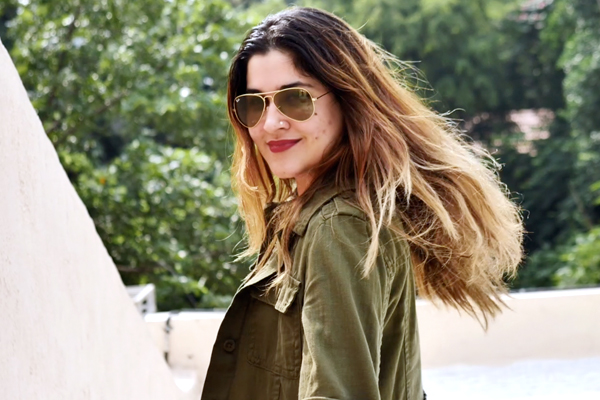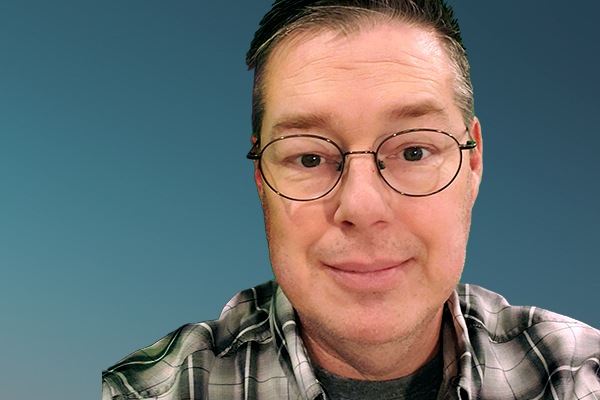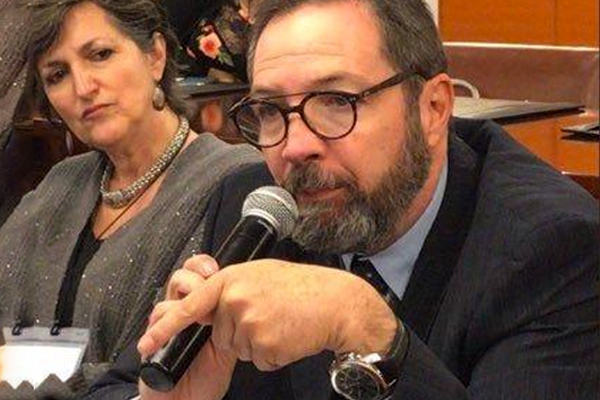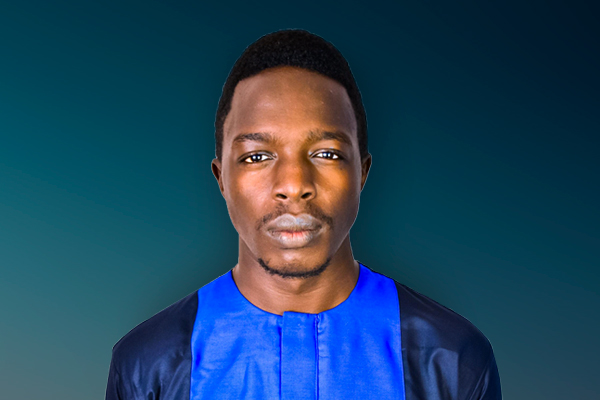I am Modina Khatun, living at Balukhali Camp 08-W in Cox-Bazar, Bangladesh. From childhood, asthma has been a constant companion, with wheezing and breathlessness defining my days.
After my displacement to Bangladesh, I experienced new health battles. Symptoms of hypertension and diabetes, like persistent headaches, dizziness, blurred vision, thirst, and frequent urination added to my struggles, as accessing quality treatment is an uphill battle.
My aim in becoming a diarist is to emphasise that equitable healthcare isn't just about medical treatment; it's about recognising the dignity and humanity of each refugee. By sharing stories of resilience and survival, I hope to foster empathy and understanding among readers, encouraging them to support initiatives that promote equitable healthcare access and UHC for all people, regardless of their circumstances.
Health is a fundamental human right, we are survivors of hardship, and we yearn for a better future. It's time for a collective action to ensure that this right is upheld for refugees living with NCDs in Bangladesh and beyond.
21 December 2023
Isolated battles
As a Rohingya refugee who was displaced to Bangladesh, there is little for me to look forward to. My journey in this camp begins with the isolation of daily struggles, managing asthma, diabetes, and hypertension. I have had asthma since childhood. But during my displacement to Bangladesh, I started experiencing thirst, fatigue, blurred vision and frequent urination. I went to a Primary Healthcare Center (PHCC), a dedicated facility at the refugee camp that provides basic services free of charge. After measuring my blood pressure and blood glucose, they confirmed what my body had already whispered — diabetes and hypertension.
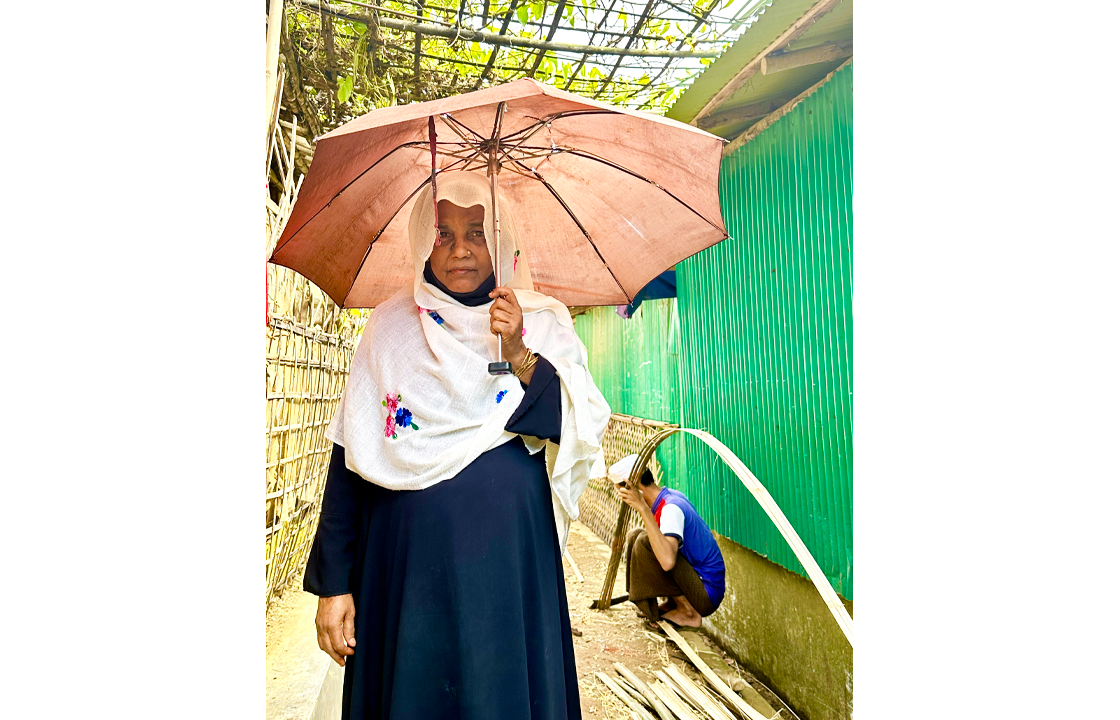
A photo of me in front of my tent, at Balukhali Refugee Camp 08‑West.
21 December 2023
Homesick
Every morning after prayers, loneliness weighs heavily on me. By this time of the day in Myanmar, I would be busy in markets and communal gatherings, watching my 35 grandchildren. But now I often worry about managing my health. I try my best - eating what I am provided and staying active. But it's not easy without proper help. Sometimes, PHCC volunteers visit my tent to follow up on my health and medicine supply. However, there are still difficulties. Long lines for healthcare and medicine at PHCCs are part of the deal, and specialised care and well-facilitated clinics are scarce.
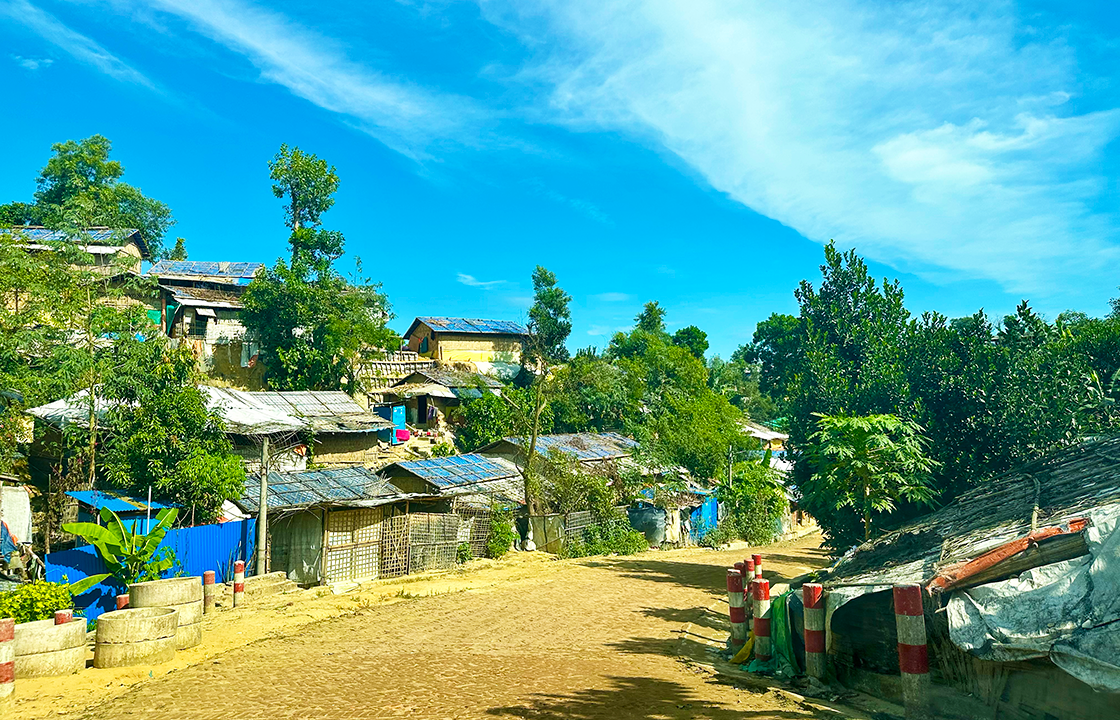
The view from the Balukhali Refugee Camp 08‑West.
21 December 2023
Lack of specialised care in our mother tongue
Like me, there are many diabetic and hypertensive men and women here who are diagnosed at the PHCCs in the camp. PHCCs are managed by NGOs and development partners, while the World Health Organization provides medicines and is responsible for logistics. However, overcrowded facilities, lack of specialised and emergency NCD care and limited medical aid creates a constant challenge for us in getting necessary medications, as well as regular check-ups to manage these conditions effectively. Take my neighbour, Fatima. When her blood sugar spiked unexpectedly due to a lack of emergency care, she experienced awful delays, which worsened her condition and led to unconsciousness.
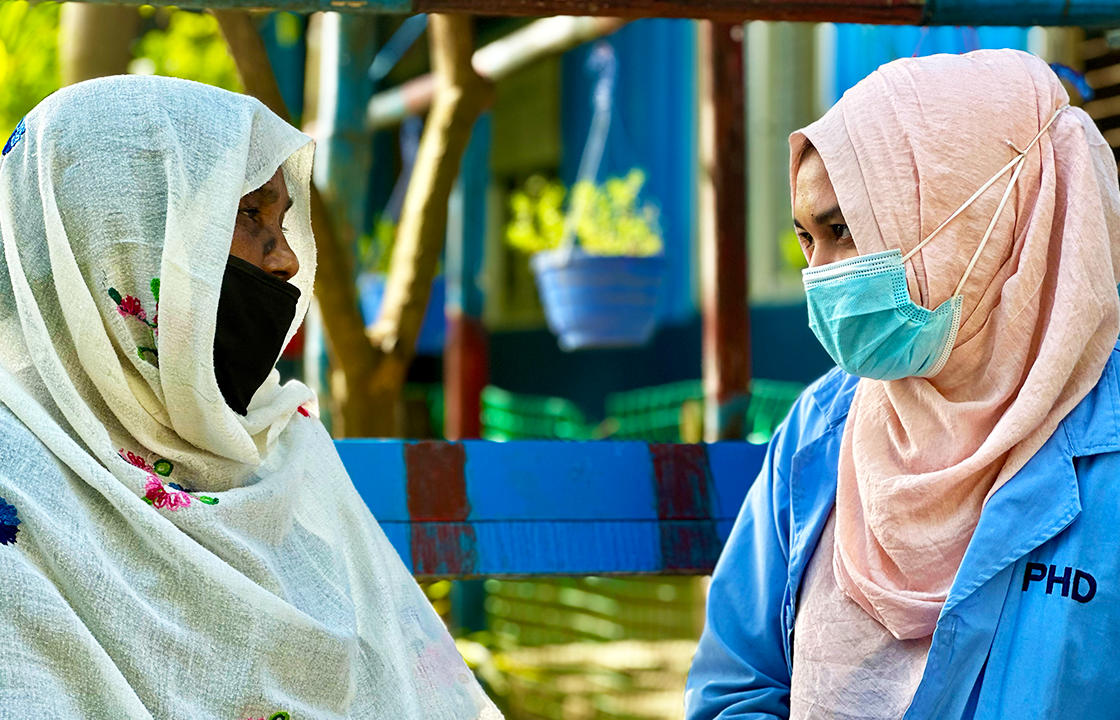
A photo of me at a PHCC, with a PHCC translator explaining the prescription and instructions for my medication.
21 December 2023
Our voice
Women here do not feel comfortable talking much or sharing any bodily symptoms due to religious views and language barriers. There are some staff at the clinic who can share information in our mother tongue, but vital information about medication instructions and dietary advice often gets lost in translation. When it comes to getting help for our health conditions, it feels like some people have a clear path, while others stumble in the dark. Another one of my neighbours, Sultana, who is older and has diabetes, often waits a long time to see a doctor. Medicines vanish like shadows, making her struggle even harder.
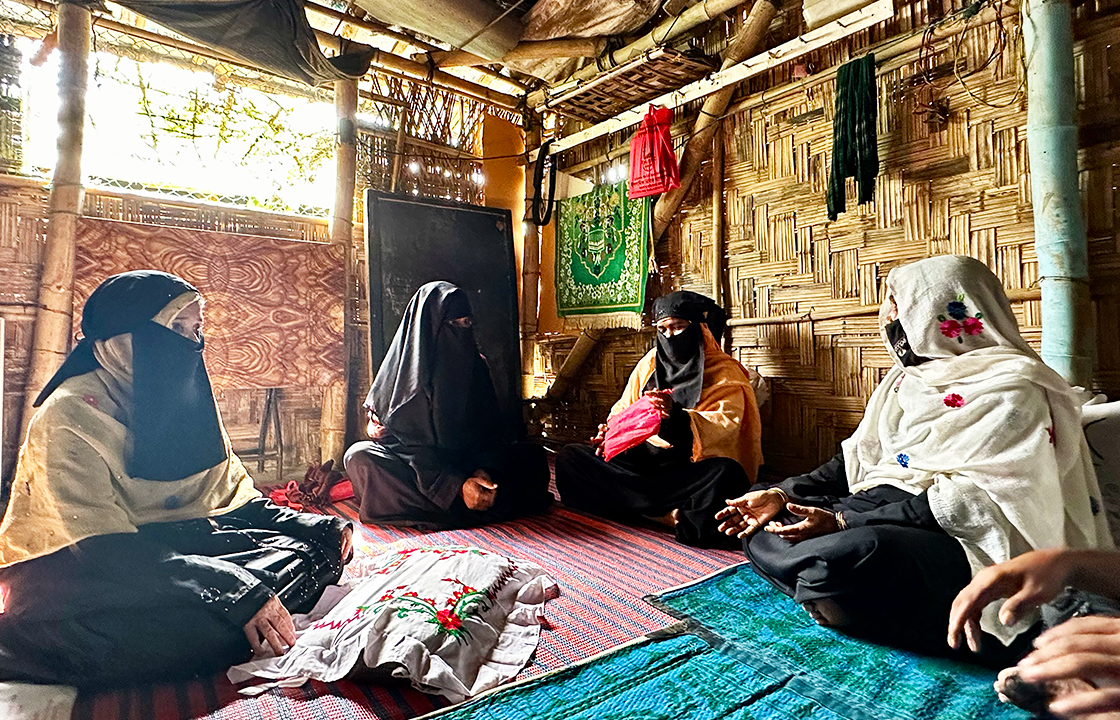
A photo depicting boithak (sitting together with community people to discuss various issues) inside of my tent.
21 December 2023
Health knows no boundary
We must continue to fight for our rights – our personal struggle is a collective cry for equity and quality healthcare services for refugees living with NCDs. I call on NGOs and development partners to guarantee the provision of specialised and emergency NCD care for refugees in the camp. I also call on the Ministry of Disaster Management and Relief, specifically the Office of the Refugee Relief and Repatriation Commissioner, to build upon their work in providing educational services within the camps by initiating NCD-specific awareness programs to build literacy across the refugee community.
This is not a privilege but an unassailable right for all of us.
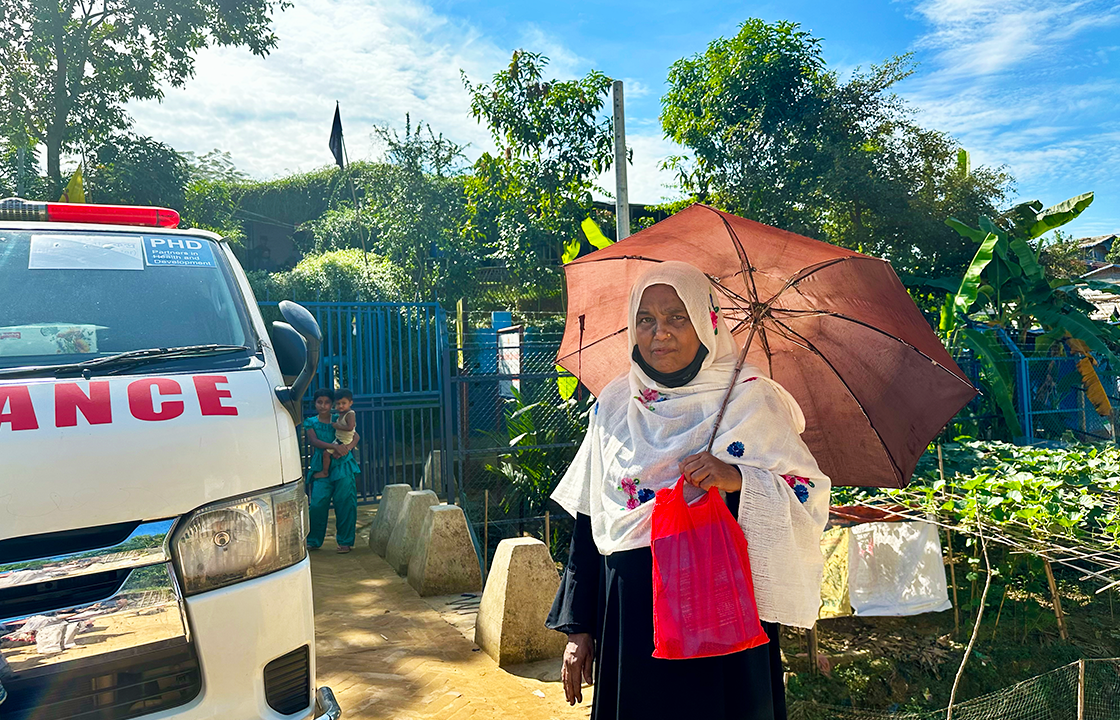
A photo of me in front of a Primary Healthcare Center, uphill at Balukhali camp.
NCD Diaries
Life here is not easy, we cannot step outside the camps but heard Cox-Bazar is beautiful. Our difficulties inspired me to document my experience so that I can share the real challenges of refugees living with NCDs, and our hopes to people around the world.
Modina Khatun, lived experience of multiple chronic conditions, Bangladesh
About NCD DIARIES
The NCD Diaries use rich and immersive multimedia approaches to share lived experiences to drive change, using a public narrative framework.

